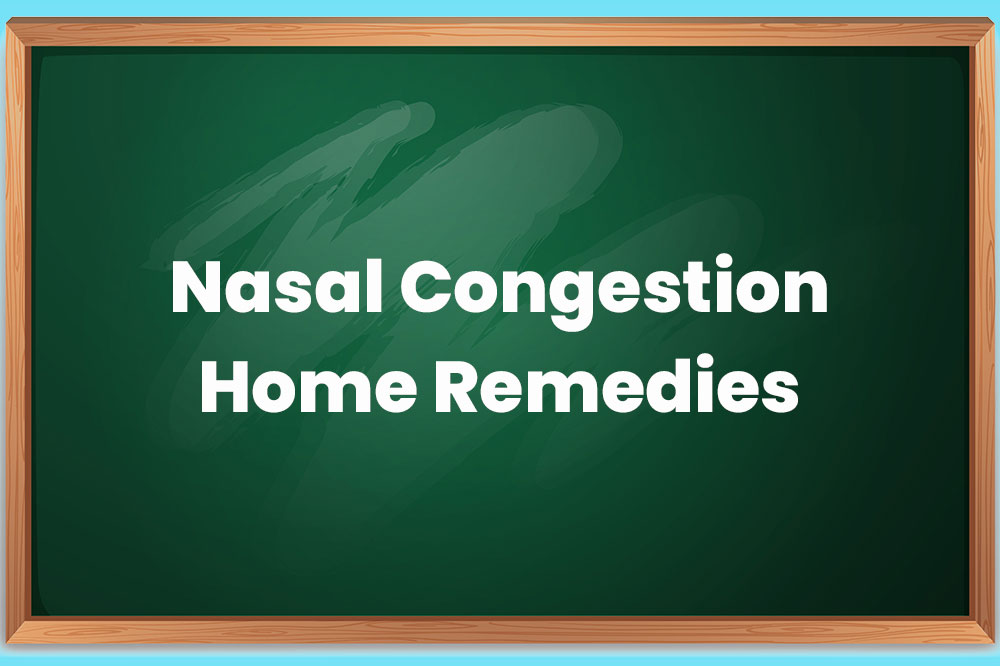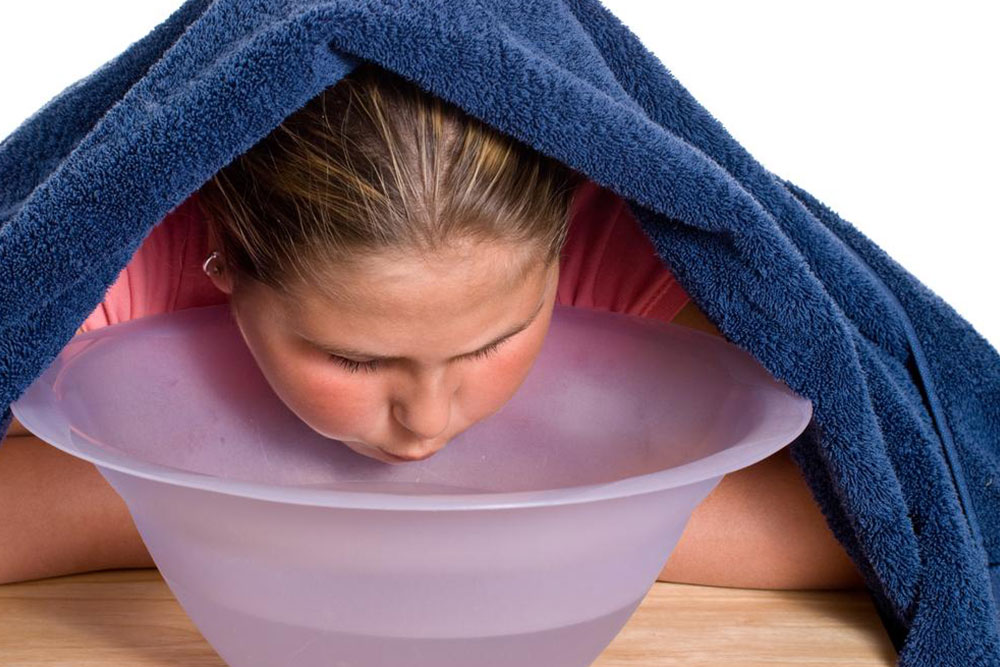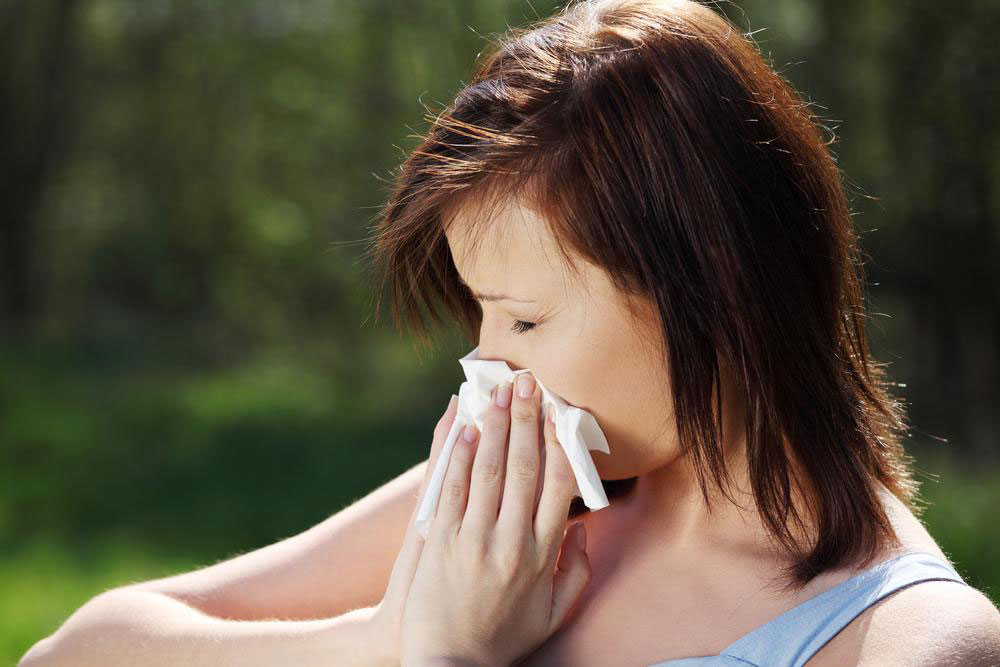Natural Home Strategies to Reduce Mucus Effectively
Discover effective natural home remedies to reduce mucus buildup and ease respiratory discomfort. From gargling with salt water to incorporating healthy foods and lifestyle changes, these simple strategies can help alleviate symptoms caused by mucus due to cold, allergies, or smoking. Always consult a healthcare provider for persistent issues.

Natural Home Strategies to Reduce Mucus Effectively
Excess mucus production during cold or flu episodes can cause discomfort, though it isn't typically dangerous. It may also result from respiratory infections, allergies, sinus issues, or smoking. Along with medical advice, try these home remedies to ease throat and chest symptoms caused by mucus buildup.
Gargling Dissolve a teaspoon of salt in warm water and gargle several times daily. This soothes the throat and eliminates bacteria that irritate the esophagus.
Stay Hydrated Drinking warm fluids like water, herbal teas, or broths helps loosen mucus in your chest, making it easier to expel. Incorporate hot soups, especially chicken soup, to relieve discomfort and promote recovery.
Green Tea and Honey Consuming green tea or a tablespoon of honey throughout the day can soothe your throat and respiratory passages effectively.
Use of Essential Oils Add oils like lavender, peppermint, or eucalyptus to a diffuser or a hot bath for easier breathing. A few drops in steaming water can also enhance relief.
Healthy Eating Habits Focus on a balanced diet with onions, garlic, leafy greens, citrus fruits, and pineapple. Limit fried foods and cold items like ice cream and sodas. Favor lean proteins like chicken and fish, cooked without excess grilling, and avoid dairy, bananas, red meats, and wheat to reduce mucus production.
Lifestyle Changes Quitting smoking and avoiding alcohol are crucial. These habits can impair lung function and may lead to chronic bronchitis or lasting respiratory damage if unchecked.










